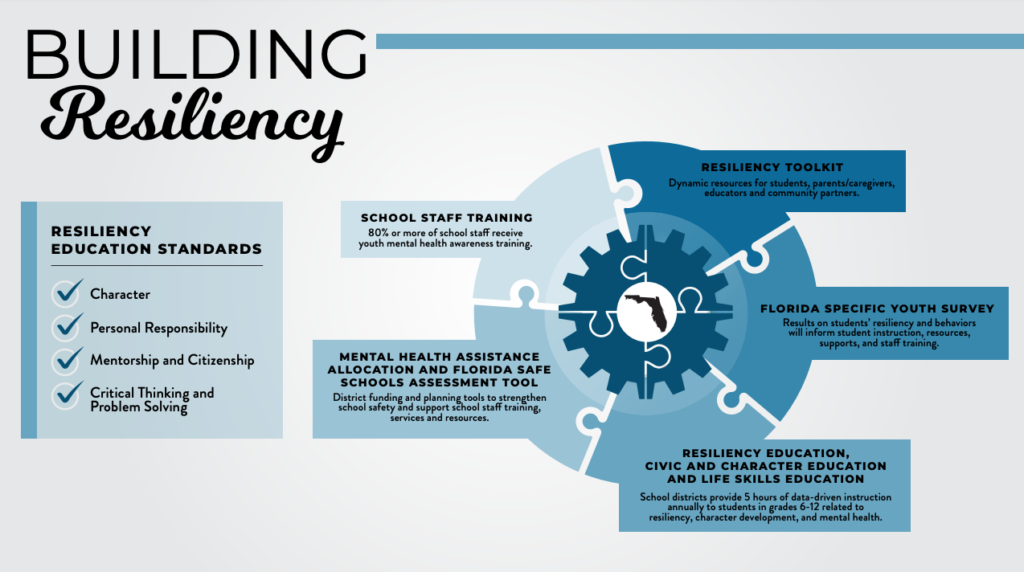
In the fast-paced and often demanding environment of higher education, student wellness programs are essential for supporting mental health and stress management. Universities and colleges recognize the importance of providing comprehensive wellness resources to help students navigate academic pressures, personal challenges, and the complexities of campus life. From mental health services to stress reduction techniques, campus wellness programs play a critical role in fostering a supportive and healthy academic environment. Here’s an exploration of the benefits and offerings of these vital programs.

1. Accessible Mental Health Services
Mental health services are a cornerstone of campus wellness programs. Many universities offer counseling centers staffed with trained mental health professionals, including licensed counselors, psychologists, and social workers. These centers provide students with access to individual and group therapy sessions, crisis intervention, and psychiatric services. By offering confidential and accessible support, counseling centers help students address issues such as anxiety, depression, and emotional distress. Regular access to mental health services ensures that students have a safe space to discuss their concerns and receive professional guidance.
2. Stress Management Workshops and Resources
Stress management is a key component of wellness programs, as academic demands and personal responsibilities can lead to high levels of stress. Many campuses offer workshops and seminars on stress management techniques, including mindfulness, relaxation exercises, and time management strategies. These workshops often cover practical skills such as deep breathing, progressive muscle relaxation, and cognitive-behavioral techniques to help students manage stress effectively. By learning and practicing these techniques, students can improve their ability to cope with stress and enhance their overall well-being.
3. Peer Support and Counseling
Peer support programs are valuable resources that complement professional mental health services. Student-led organizations and peer counseling programs offer a unique form of support by connecting students with trained peers who provide empathetic listening and guidance. Peer counselors are often trained to recognize signs of mental health issues and offer support based on shared experiences. These programs foster a sense of community and reduce the stigma associated with seeking help, making it easier for students to reach out and find support from those who understand their experiences.
4. Wellness Apps and Online Resources
Technology plays a significant role in modern wellness programs, offering students convenient access to mental health and stress management resources. Many campuses provide free or discounted access to wellness apps that offer features such as meditation guides, mood tracking, and relaxation exercises. These apps can be a valuable tool for students looking to integrate wellness practices into their daily routines. Additionally, online resources such as webinars, articles, and self-help tools provide students with information and strategies to manage their mental health and stress levels effectively.
5. Fitness and Recreation Facilities

Physical activity is closely linked to mental well-being, and many universities offer fitness and recreation facilities as part of their wellness programs. Campus gyms, swimming pools, and fitness classes provide students with opportunities to engage in regular exercise, which can help reduce stress, improve mood, and enhance overall health. Fitness centers often offer a range of activities, from group fitness classes to individual workouts, allowing students to find an exercise routine that suits their preferences and schedules. Incorporating physical activity into daily life can significantly contribute to stress reduction and mental wellness.
6. Nutritional Support and Healthy Eating
Nutrition is another important aspect of wellness, and many campuses provide resources to support healthy eating habits. On-campus dining services often offer nutritious meal options, and some universities provide nutrition counseling and workshops on healthy eating. Proper nutrition can influence mental health and stress levels, as a balanced diet supports overall physical and mental well-being. By promoting healthy eating habits and providing access to nutritious food, wellness programs help students maintain their health and manage stress more effectively.
7. Academic and Career Counseling
In addition to mental health and stress management resources, academic and career counseling services are integral to wellness programs. Academic advisors and career counselors assist students in navigating their educational paths, managing academic workloads, and planning for their futures. By providing guidance on course selection, time management, and career planning, these services help alleviate academic stress and support students in achieving their goals. The combination of academic and career counseling with mental health resources creates a holistic approach to student wellness.
8. Creating a Supportive Campus Culture
Ultimately, wellness programs contribute to creating a supportive and inclusive campus culture. By prioritizing mental health and stress management, universities demonstrate their commitment to the well-being of their students. Wellness programs foster an environment where students feel valued and supported, which can lead to improved academic performance, greater satisfaction with the college experience, and overall enhanced quality of life.
Conclusion
Campus wellness programs, including mental health resources and stress management initiatives, play a crucial role in supporting student well-being. By offering accessible mental health services, stress management workshops, peer support, wellness apps, fitness facilities, nutritional support, and academic counseling, universities provide students with the tools they need to navigate the challenges of academic life. Embracing these resources helps students manage stress, maintain mental health, and thrive both academically and personally, contributing to a healthier and more balanced college experience.







